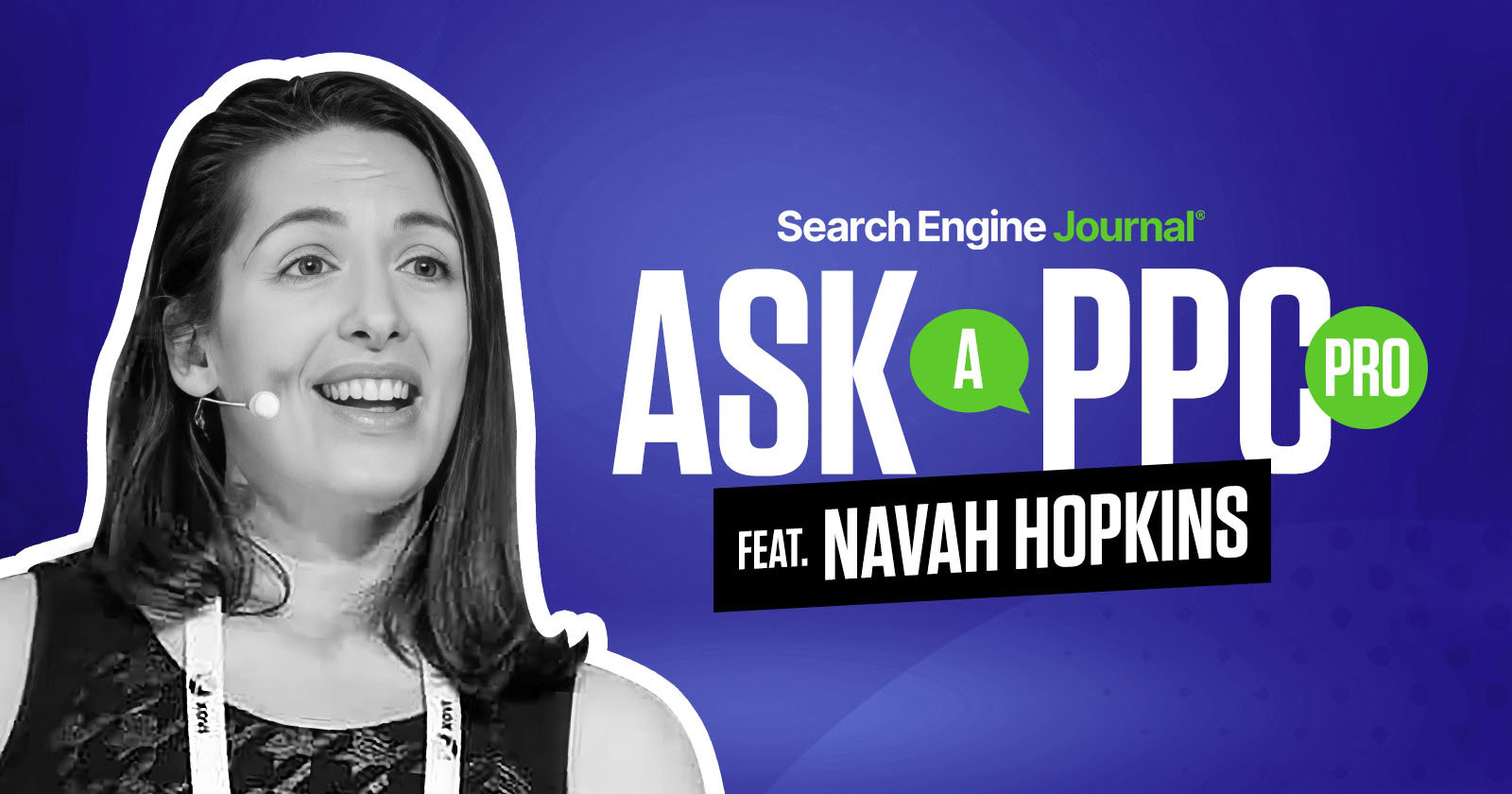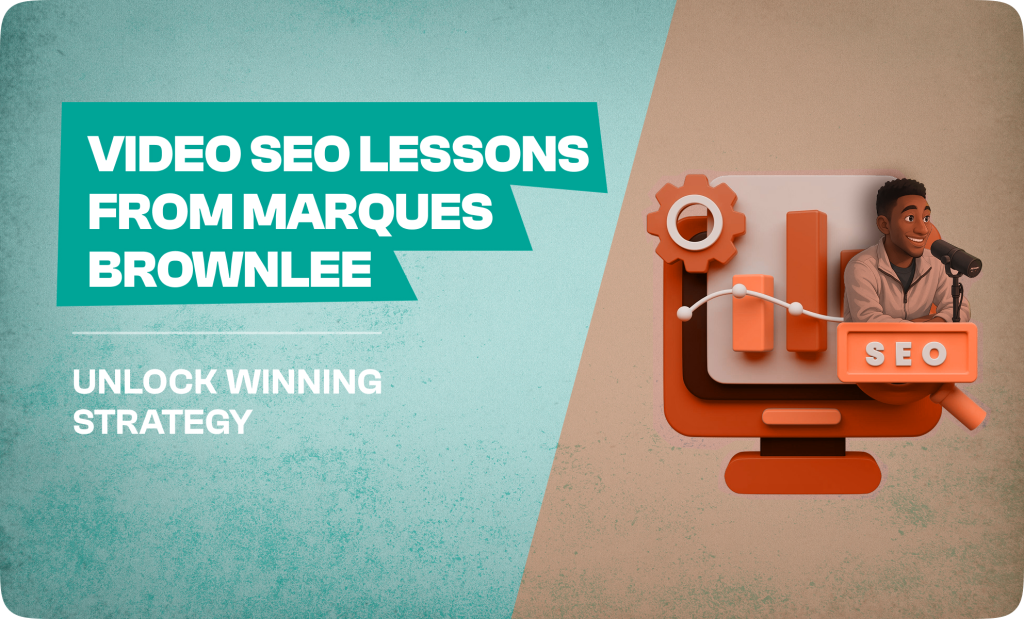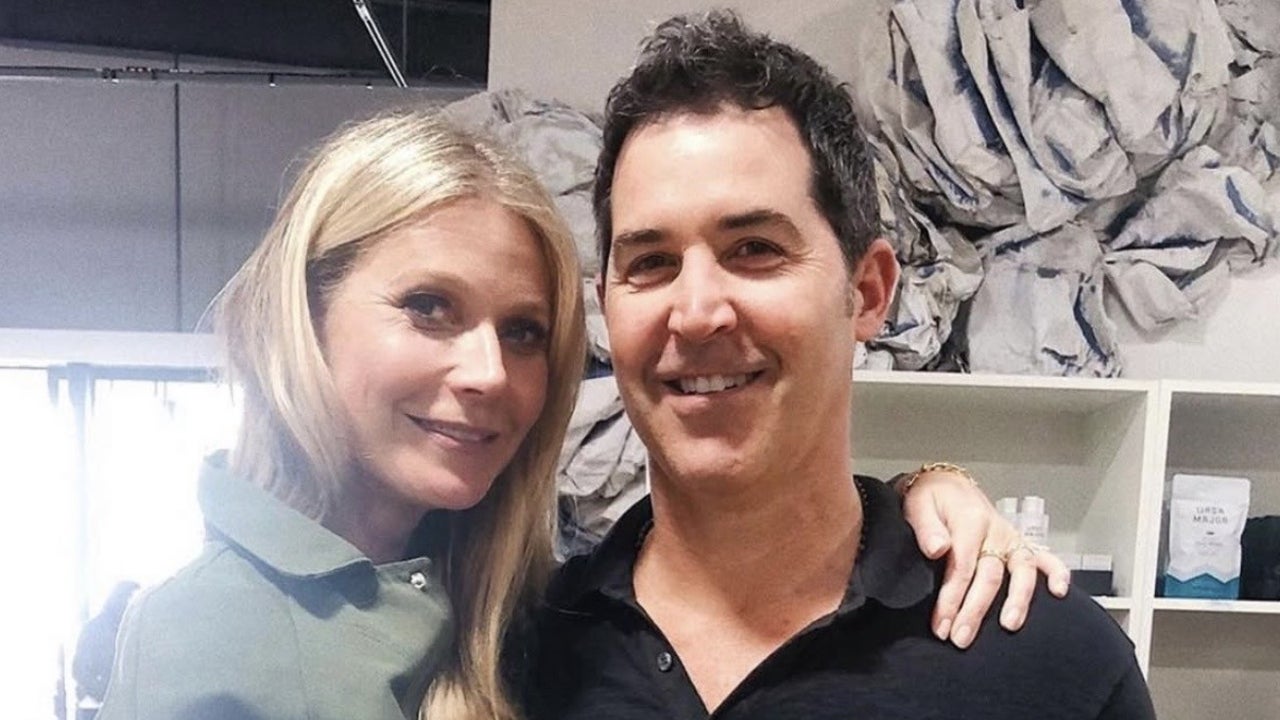Yelp Vs. Google Antitrust Case Survives First Big Test
Google faces a jury trial after a judge lets Yelp’s main antitrust claims proceed, raising questions about local search and ad market practices. The post Yelp Vs. Google Antitrust Case Survives First Big Test appeared first on Search Engine...

Yelp’s antitrust case against Google just survived a critical test.
While a judge tossed several claims, she allowed Yelp’s core challenge – focused on Google’s alleged monopoly in local search – to move forward. The broader battle over Big Tech’s power is far from over.
The central claims that Google unfairly used its dominance in the local search and local ad markets are now headed toward a jury trial.
If Yelp prevails, the case could significantly reshape the structure of local search in the U.S. and beyond.
Even if it doesn’t, the discovery process alone may offer an unprecedented window into Google’s internal thinking around local search.
Last week, Judge Susan Van Keulen of the U.S. District Court for Northern California denied in part Google’s motion to dismiss the case.
She ruled that Yelp’s key allegations – that Google monopolized and abused its control over local search and local advertising – were plausible enough to proceed.
Statute Of Limitations Doesn’t Apply
Google argued that its conduct, such as changes to search results design and integration of local content, dated back to at least 2007 (e.g., Universal Search) and that Yelp’s claims were therefore filed too late.
The judge disagreed, holding that for claims under Section 2 of the Sherman Act, the clock starts ticking not when the conduct occurred, but when the defendant both:
Possessed monopoly power in the relevant market. Engaged in exclusionary conduct that injured the plaintiff.The judge noted that “Because the governing statute here concerns an exercise of monopoly power, the qualifying ‘act’ must involve Google’s alleged monopoly; exclusionary conduct on its own, in the absence of market power, is insufficient.”
She also noted that Yelp had not definitively alleged when Google obtained monopoly power in local search or local search advertising, and that the timeline wasn’t clear enough from the face of the complaint to justify dismissal and went to say that “The timing of when Google crossed the 65% threshold of market power is simply not clear from the face of the Complaint.”
Where Google’s Motion To Dismiss Succeeded
The judge did, however, dismiss Yelp’s claims that Google used its general search monopoly to force users into its local search services (tying) and to gain dominance in local search advertising (monopoly leveraging).
She agreed with Google that the tying claim was time-barred and that Yelp hadn’t properly shown unfair expansion into new markets. However, the court granted Yelp the opportunity to amend its tying claim.
Yelp appeared pleased with the results, stating to Near Media that the ruling “marks an important step forward in Yelp’s case against Google. As we argued in our opposition to Google’s motion, and as the Court recognized, Google’s anticompetitive behavior deserves to be examined.”
The judge also agreed that Yelp’s argument – that local search and local ads are distinct markets – is a valid and plausible claim.
She allowed the case to proceed to determine whether these markets are entitled to antitrust protection and whether Yelp is entitled to damages.
Additionally, the court accepted Yelp’s allegations that Google has a long history of exclusionary acts.
Key questions remain: When did Google achieve monopoly status in local search and advertising, whether the four-year statute of limitations applies, and – more critically – whether Google has committed new, unique exclusionary acts that could restart the statute of limitations clock.
These cases unfold on their own timeline. Next steps include whether Yelp amends its tying claims, a discovery phase, and an attempt at alternative dispute resolution.
This process is likely to take about 18 months. Given that Google is unlikely to dramatically change its local search behavior – and that Jeremy Stoppelman, Yelp’s CEO, is unlikely to settle for anything less – resolution outside of court seems improbable. A trial could occur around the end of 2026.
Why This Case Matters
This is the first time anyone has examined Google’s behavior in local search, including how it won its monopoly and the impact that has had on local search and local ads, both within Google and across the broader local ecosystem.
If the court finds Google’s practices unlawful, it could force changes:
Local search, as we know it, could dramatically change. It could spell the end of the Local Pack. Local ads, particularly Local Service Ads (LSAs), exemplify the kind of new, exclusionary behavior Google has leveraged to dramatically reduce organic and local opportunities (Yelp argues). This could become a target of any settlement. The outcome could also influence the EU’s interpretation of Google’s monopoly under the newly implemented DMA regulations. Any decision could also impact Google’s ability to introduce new AI features to local search, particularly features like local AI Overviews or “Learn something specific” that could be construed as a form of exclusionary local behavior.What We May Discover
As with the U.S. government cases against Google, discovery is likely to uncover fascinating details about how Google positions local search – and, hopefully, some algorithmic insights into how local search and ads actually function.
Even if Yelp ultimately loses, the discovery process could still offer an unprecedented look inside Google Local and LSAs, giving us the first definitive glimpse into the world in which we live, work, and breathe.
Eighteen months may seem like a lifetime in internet marketing and Google local developments, but this is one that is worth keeping an eye on.
You can read a full timeline of the events here.
And read the original documents here:
Yelp V. Google: Order Granting in Part and Denying in Part Motion To Dismiss Yelp V. Google: Demand for Jury TrialMore Resources:
What Happens Next To The U.S. Vs. Google Antitrust Case? What The Google Antitrust Verdict Could Mean For The Future Of SEO SEO In The Age Of AIFeatured Image: Phanphen Kaewwannarat/Shutterstock

 Astrong
Astrong 
































